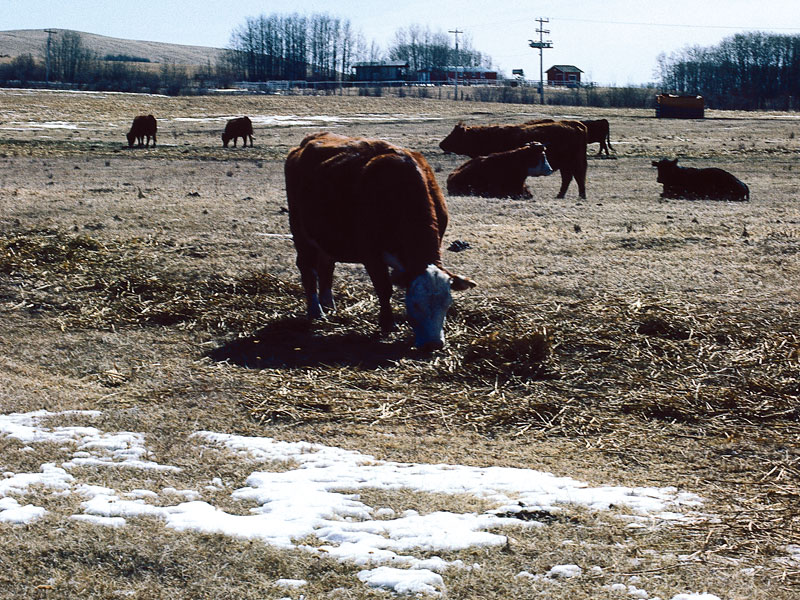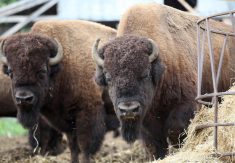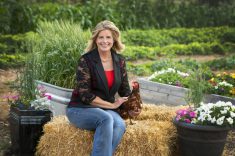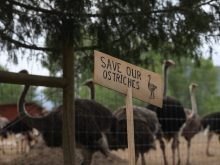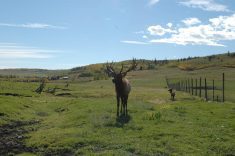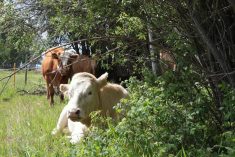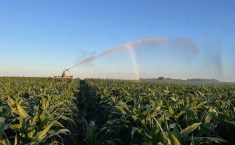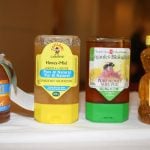At least 30 ranches in southeastern Alberta are under quarantine by the Canadian Food Inspection Agency after a cow from the area was found to have bovine tuberculosis.
The finding has so far led to three premises in the province’s southeast being declared infected, as the lone confirmed infected animal’s home (index) herd is based on those three properties, a Canadian Food Inspection Agency spokesperson said on Nov. 1.
- Read more: Bovine TB case probed in southeastern Alberta
- Read more: Alberta Beef Producers call for TB financial support
Read Also
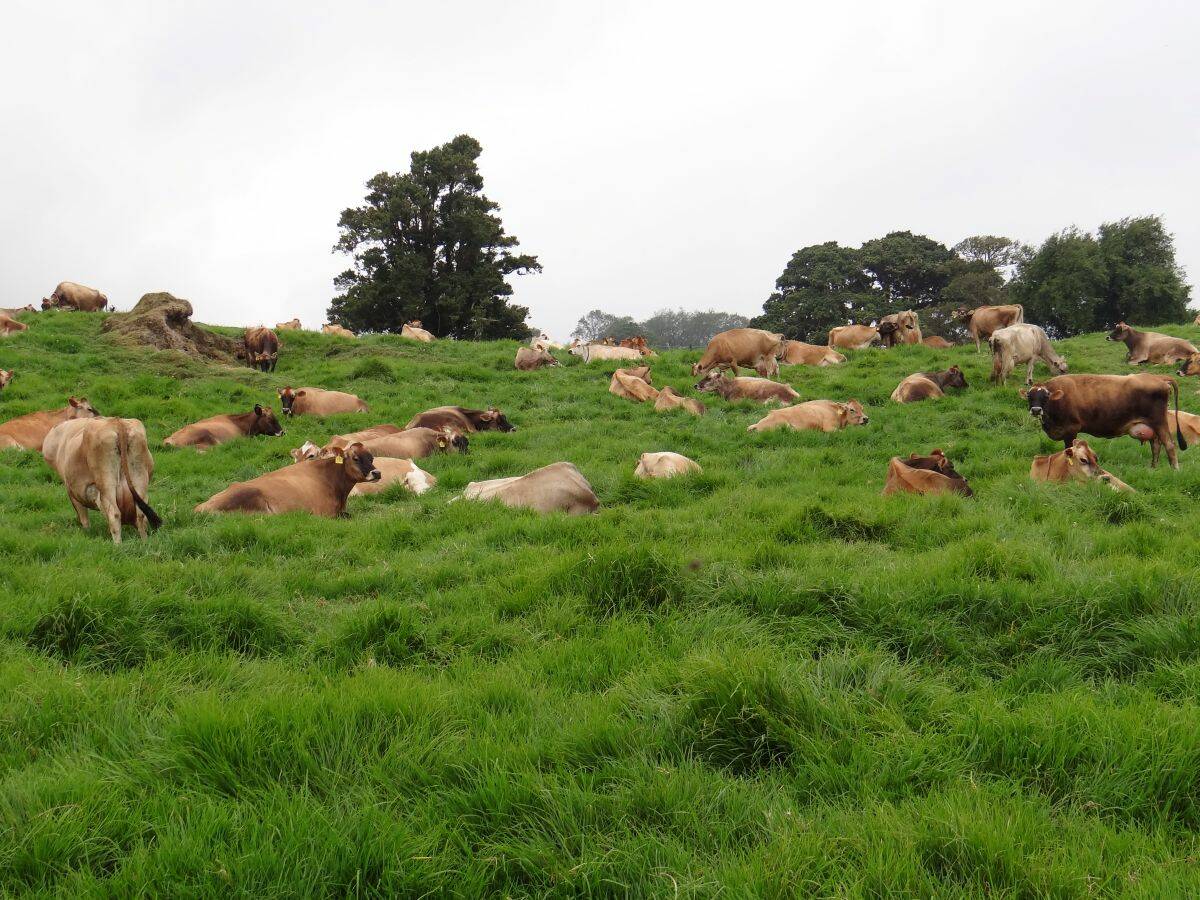
Is inflammation the real cause of milk fever in cattle?
UAlberta researcher Burim Ametaj’s theory challenges 200 hundred years of science and his work may change the approach for treatment.
“The number of herds quarantined could increase as the tracebacks of animals in contact with any positive animals over the last five years proceed,” Alberta Beef Producers said in its Oct. 28 Grass Routes newsletter.
“The preliminary testing of the index herd has been completed and we are awaiting the results of these tests. Testing of other herds that had direct contact with the infected animal is proceeding.”
The U.S. Department of Agriculture notified the CFIA in late September that a cow slaughtered in the U.S. was found to have TB.
“Only premises that have been placed under quarantine by the CFIA are prevented from moving animals without permission,” the agency’s website said. “Producers in the general investigation area that have not been contacted by the CFIA are allowed to move animals (including sending cattle to auction markets and feedlots) but must comply with livestock identification requirements.”
The impact on ranches under quarantine is terrible, ABP chair Bob Lowe told the Calgary Herald.
“You go out there and talk to those guys, and it’s absolutely devastating,” said Lowe. “And they can’t get any answers — they don’t know where to turn.”
Alberta Beef Producers is urging the CFIA to conduct a “rapid, and thorough investigation.”
“We want the investigation completed as quickly as possible so producers can take steps to appropriately manage the quarantined cattle.”
The organization is working with the provincial and federal governments to get financial assistance for the affected producers.
Meanwhile, CFIA veterinarians and inspectors are contacting producers in Newell County, Special Areas No. 2 and No. 3, Acadia No. 34, and Cypress County.
The agency is also trying to trace cattle that have grazed on the Buffalo-Atlee (near Jenner) and Suffield Block community pastures. Ranchers in the Suffield-Jenner area have raised alarms about the area’s mushrooming population of wild elk — which can be carriers of TB. About 200 elk were introduced in the area in the 1990s but the herd has grown to several thousand, in part because they can’t be hunted on the Suffield army base.
Bovine tuberculosis is a federally reportable disease and Canada is officially considered to be TB free.
“This finding does not impact our status as such unless another case is confirmed within 48 months,” said ABP. “Other animals testing positive as a result of this investigation do not count as a separate case, they are considered part of the first case.”

